|
I walk the mansions the high fences the hedges. I walk the gloaming yellow windows at night. I walk the fallen leaves and rains. I walk the brick sidewalks the curt hellos the expensive comfort wear. I walk the looming the shadows the shade the alleyways where garbage bins rest. I walk the sewers. I walk walls erecting erected bricked scaffolded buried blocked. I walk do not enter here, do not stand there, do not speak or look. I walk the graveyards.
I walk alone, together alone with you, in darkness. I walk with you under the stars. I walk with you when the moon has waned completely. I walk with you loud and silent, smelly and sweet, screaming and crying. I walk with you in these black times the muddy spaces the gaps the lava the rubble the bombs the fires the shit. I walk with you into the unknown known forgotten believed. I walk the cemeteries the bones and teeth the ash and dust that was is life.
1 Comment
She reads Homi Bhabha and Bayo Akomolafe. She reads Olivia Lang’s book about loneliness. She thinks about third spaces, and intersections that can't exist in loneliness. She turns to Pascal and Camus. She rereads A Zoo Story. She thinks about houses and home and belonging, about what objects need to be inside to make a home, what it feels like to be outside of houses looking in, searching for cracks in shut blinds as tiny invitations into anyone's life. She thinks about handling vases in the Goodwill store, - cracked crystal, simple glass, coloured and bejewelled, tubular, pear shaped, baubled. Inside the vases, she envisions bouquets of black flowers, flowers with stories of grief and loss, of migration and displacement. She seeks out Aristotle and finds no comfort, nor from the Bodhisattva. She goes outside. It's late fall, trees nearly fully naked in preparation for their white winter coats. The sky is startling Robin breast blue. The river is still, also in anticipation of winter, resting before the freeze and winds. A shopping cart leans sideways near the riverbank, another is inside the river, water flowing through its cage-like structure They have been cast off by tired houseless people, too much of a burden to drag from one part of the forest to another. ‘Be damned,’ they say, plunging their homes down the riverbank. ‘Cops don't keep us safe’ is scrawled in black paint on the concrete wall under the overpass. On the other side of the tunnel, a field contains thousands of soldiers of dried grass. The small yellow flowers died weeks ago. She notices a pod, a brown shell with white poking through its cracked sides. Cotton, she wonders. Does cotton grow wild? Black and white images of plantation slaves, the detritus pricks of racism, flash across the scene. She steps into the dried grass. Brittle leaves crunch beneath her sneakers. Strong sunlight makes her squint. The shell is tough, textured with fine hairs, a satisfying pure earth brown. She pushes her fingers into the crack. Strands of white silken covered seeds are stuffed inside, invisibly layered with such density that as she pulls them out, they slinky and fan, first to the ground and then into the air, covering the tops of grass, dancing in the sun, drifting lightly heavenward. White on blue like the colors of Greece, and she smiles and realizes, this is the best of her, the child who can still delight in simple and extraordinary things. This is what it feels like. I took a test. I failed.
Answered all your questions, honestly. Shared my most personal thoughts. Talked about my history. You pummelled me with questions, like a fighter in the ring, and I spoke, moved by hope in my heart, in my heart. Ten months of questions, answers, conversation, even watching a movie together while texting. At a distance. All at a distance. Then I got a mani-pedi, bought a dress, shaved my legs, gathered the hope in my heart, braved the borders and came to you, your city, your spaces, your home. I dressed and appeared, answered more questions, looked at the size of your fingers, the texture of your skin, the darkness in your eyes. I watched you stand and walk, the stiffness in you. I watched you move your hands while you talked. I noticed more clearly the repetition of certain words. But I couldn’t touch you. I couldn’t smell you. Not yet. The space, crowded with words, was dense between us. It felt unbridgeable. Still, we forged forward, meeting in a kiss, in the touching of bodies wrapped in words, words of trust and truth and friendship, but with the prickliness of the tops of t’s and the poke of the dot on an i. I wanted s’s. Softer sounds, rounder shapes, but words will be words. I took the test. Opened my heart, opened a path, offered the words that describe me, are me. I gave that to you. And more. I unwrapped my body, allowing you to get closer to my heart, close enough to hear its words, its history. I let you in all the way. Then I woke to a new day. Ten months and three days later, there was silence around me where there had been talk. There were no more questions, but my heart was open, beating on a table talking to itself, hoping, still alive but extracted, alone, disconnected from my body, no words to keep it warm, nothing around but empty hope. I failed the test. I can’t really explain what it feels like. My heart barely beating on a table. Dashed dreams. A hole where my heart’s supposed to be. It’s not just you who caused this feeling. It’s my fault for again falling prey, again putting hope before reason. Castling in the clouds. Sometimes I think I’m not fit for this world. I love the way it comes together.
Eliot: Humankind cannot/ Bear very much reality. You: We can tolerate even less the loneliness that comes from not actually seeing each other. Literally with borders between us. Like a book, not life. “What do I mean by broken? I mean me.” Triggered by the excitement of sitting outside at night, drink in hand, with a new friend, boredom followed, and a realization I don’t find most people interesting. The rise and fall of love is predictable. I find joy with the dog or seeing a plumage of flowers. Did I cross some bridge without noticing? Am I depressed? The quiet was disturbing walking home. No one, or nearly no one, walks the seawall or sidewalks…only the homeless, drug addicts and dealers. People tuck into doorways on Main Street, curling in on themselves, used needles nearby. I am buying a used car, dreaming of driving away. Looking to the landscape to save me, the rearview mirror to put life in perspective, chasing after myself, contentment, a little truth. An amount of reality I can bear. Weather dulled sheen, cracks left in places, breakages around my mouth. Once, he said he was broken. That’s reassuring. Shadow There’s something about a day like this. It whispers to every sense, entering pore and soul. Winter is coming, it says. The light has fallen behind a season, the shadows cast are deep. On the sidewalk, skin hung bones of desperate black and blue humanity - homeless, drug addicted, deformed - fold makeshift tent, umbrella and tarp homes, and move on; or they’re stuck, leaden from drug hangovers and starving pain, pain that rattles oblivious traffic with a sorrowful howl. In the city’s streets of warehoused poverty, a virus’ kiss, a fentanyl overdose waits around brick corners in alleyways. Molten, wet leaves flutter to the ground, sweeping tears, vomit, feces, candy and Doritos wrappers into corner genie spirals. But there is no magic here. Animation is in the mind. The billboard clatters in the empty parking lot as it flips between old advertisements for Pepsi and a now-abandoned restaurant. A few birds argue on a barbed wire fence, railroad cars are parked on the other side. Hoary clouds roll slowly under dark iron clouds, burying sky and mountain, like a kettle lid shutting. I climb the wooden stairs, and step over a dead baby mouse, soaked from last night’s rain. An alarm sounds. The space is deserted, dark. I alone disarm the alarm, turn on lights, shut a window that ushered in the night’s cold. Light Light breaks in as a flush of warmth, the seconds it takes to see within a frame. On a patch of oversized clovers, sunlight catches red and orange fall leaves buried in the thick weave; on a still, mirroring lake a beam finds a viridian tree and ultramarine sky meeting seamlessly; a vignette encircles a long-necked, tiny-headed, russet-red mushroom; a sunray cuts through clouds falling on cargo containers haphazardly layered creating a painting-perfect geometric color balance; yellow lamplight encircles her high-boned face, lids nearly shut, as she reads by a window.
Someone arrives in the adjacent office; his voice is mealy, vowels too round. A photo text of my daughter’s eyebrows appears on my phone showing a raw spot where wax took away skin. A pre-fab house is hauled piggy back on a truck up the ramp in front of me. A chalkboard black, tubular railroad car sits on the tracks, carrying something flammable. It’s black is dusty, dabbled with rust. The train moves on, opening a grey concrete canvas. An overweight woman in an orange reflector vest walks the tracks like a tired coyote. A murder of diaphanous clouds pass over the patchwork, clear-cut mountain. A van passes below my window after picking up beer from the brewery, yeasty odors bellow inside. Reds push on my back, calling for my attention. In my imagination, the desert is plastered in flat, bold light. A fox with giant ears sits on a human’s lap, the human stretching her hands out, reaching for stories like ribbons of color floating in and out of light. There was a simple pine box in my father’s office desk. The box, like the entire drawer, smelled from a small bag of pipe tobacco he kept there with a couple of used corncob pipes, cream rims brown from smoke. His other pipes, those of fine woods but not his favorites, hung from a metal rack on top of his desk.
His box contained a small, soft leather pouch the size of a plum, a few handwritten notes, a Saint Michael protection card printed with gold-ink, a tiny, faded photograph of his mother and a couple clip-on pins given in recognition of his community service. The pouch held a stone fox, the color of iron, with a piece of turquoise tied on its neck with a slim leather strip. A note inside the pouch read, “Thank you, from the people of the Navajo Nation.” I found these things after he died. By opening his desk, I learned that he, like I, had a secret place for talismans, superstitions. It was strange to find this stone fox because a month earlier, I’d given him a small, stone grizzly, about the same size, also tarnished iron, also from a Navajo artist. I bought it at a roadside shop in Southern Utah because it reminded me of him. Thick and strong bodied, it had a long nose, a slightly tilted listening head, warm turquoise eyes. The grizzly fit perfectly in my palm. I could wrap my fingers around it, heat it up, fill it with life. I placed it on my dad’s nightstand where it stayed while he died. For fifteen years, I've kept the grizzly by my bed, wherever I sleep, wherever I go. When I’m most afraid, I clutch him in my hand. Perhaps because of the times we are living in, the ennui that has set in, the deep sadness I can’t shake, perhaps because all the suffering in the world hovers in the atmosphere like pollution, for whatever reason, my grizzly has materialized. He lumbers around my apartment, smells of sweet pipe tobacco. Mostly though, he cuddles into the couch pillows, sniffs the ocean air. Sunflower-colored seagulls, lizard dayglo green crows and persimmon and pomegranate songbirds have been attracted to him. And with them, pink and purple petunia-colored butterflies. I have felt the long arm of time reaching around the earth's curve into darkness. Silence is heavy. The kindness of strangers is gone. Come here, sweet bear. Rest your head on my knee, your velvet nose shortening the distance to the horizon. Let us wait for a songbird to sing, a butterfly to whisper to the wind as fragile wings open and close, open and close, open and close and we will find peace. Early morning on the beach, a misty, dirty cloud covers the sun. A low haze hangs over the sea. The waves are weak. It’s already hot. Two days ago, my daughter said, “I want to leave.”
“You want to leave Spain?” I asked. “No, I want to leave.” I knew what she was talking about. I'd been thinking the same and I told her so. For a moment, we both felt better. Only a trickle of people walk the water's edge. Some out to exercise; running or striding quickly. Almost everyone wears bathing suits, women with straps tied around backs instead of shoulders. No tan lines, I guess. An older woman’s breast hangs out of her suit. She doesn't bother putting it back. No one cares. Women go topless here in Alicante. Couples, most all. I am alone. The silver sea is capped with foaming white waves. People pass like illusions. Wondering what their lives are like, I gaze down at footprints in the sand. The impressions dissolve with two or three brushes of waves, just like me, just like I have dissolved from lives, cities, jobs, friendships. How nicely this metaphor, this cliché, works. Pale, cushioned benches under yellow umbrellas line up in neat rows, a new addition on Campello beach. Tourists, most from Madrid, have dropped in with big city arrogance and cash. Past tense are days of silence teased by palm branches brushing the balcony railing, birds chirping choruses accompanied by pulsing waves. The Spanish people are beautiful. Especially young girls with black eyes, long faces, large, long noses and thick, black hair. Picasso proportions. When did my anger morph to despondency? I've risen, like the waves, to the occasion, crashed it, turned around healthy and gone back in again. Too many times. I'm tired of fighting for alright, joy, my verve. I hate getting older. Just one more thing out of control. Only a few people wear masks on the beach. One blue-masked woman carries a purse which she lifts to her face like a tiny wall each time someone passes. People protect their health, their lives. We’re survivors. It's in our DNA. But I want to leave, end the fight for fundamentals, bread and water, work, love, belonging. Did I become so strange no one wants me? I’m tired of blaming myself. Tired of knowing no one wants to hear me asking for help again. Tired of putting my chin up, my chest out and pretending I can do it alone. Tired of the pain of losing people who loved me but are gone like footprints after a few gentle, morning waves. Afraid of the future, disappointed in the past, the present as elusive as a just world.
I ran to a Spanish desert from cruelty, injustice, people, fled with my sense of helplessness, ineffectualness, meaninglessness. Intimidated by hate. Afraid of civilization’s monsters. Ashamed that I am not David or anyone at all. That I am vulnerable and tired. I cower in solitude. A child looking through a crack in a door as adults fight and the mean adult pushes the weaker, kinder adult against the hard edge of a suffocating knee, and going down the kinder adult, the gentle giant, takes the sheets and drapes and comforter and all the murdered innocents along. A flimsy torn, tired piece of cotton catches a candle’s flame. Fire crackles, cracks like a breaking windpipe, and consumes the room. My hair catches fire as I watch the room burn, my daughter’s room, her grandmother’s room, her father’s room, her granddaughter’s room. The desert around me, dry and dark, is ready to burn as well. For hope, the house comes down. They are not birds’ wings.
|
Not really a BiographyI have always been inclined to move forward, roll the stone, down, and often up, hills. I've tried to write through it all. Everything on this blog is written by me. Archives
January 2023
Categories |
Proudly powered by Weebly

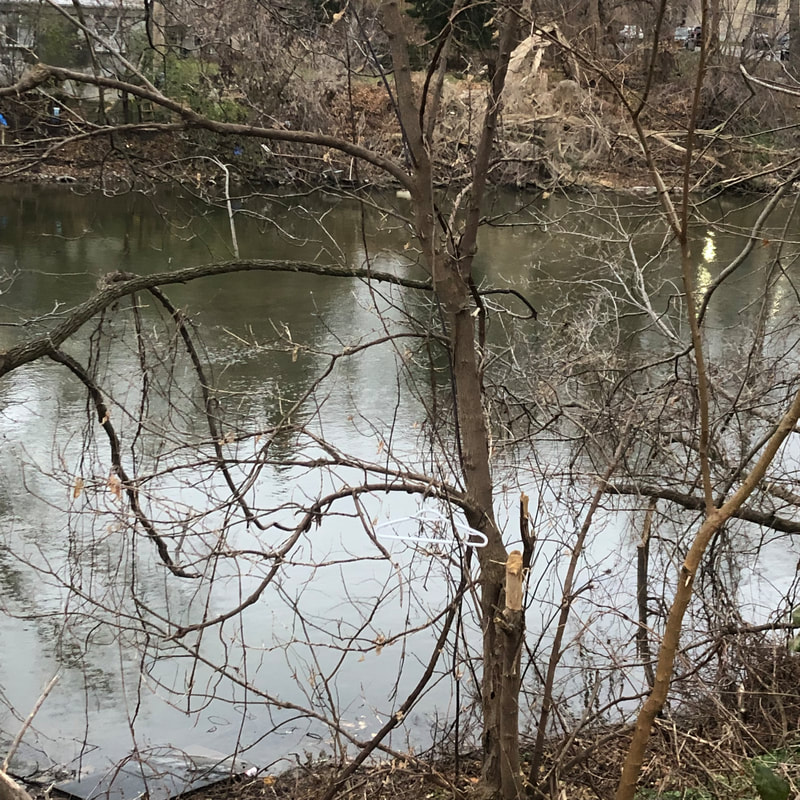
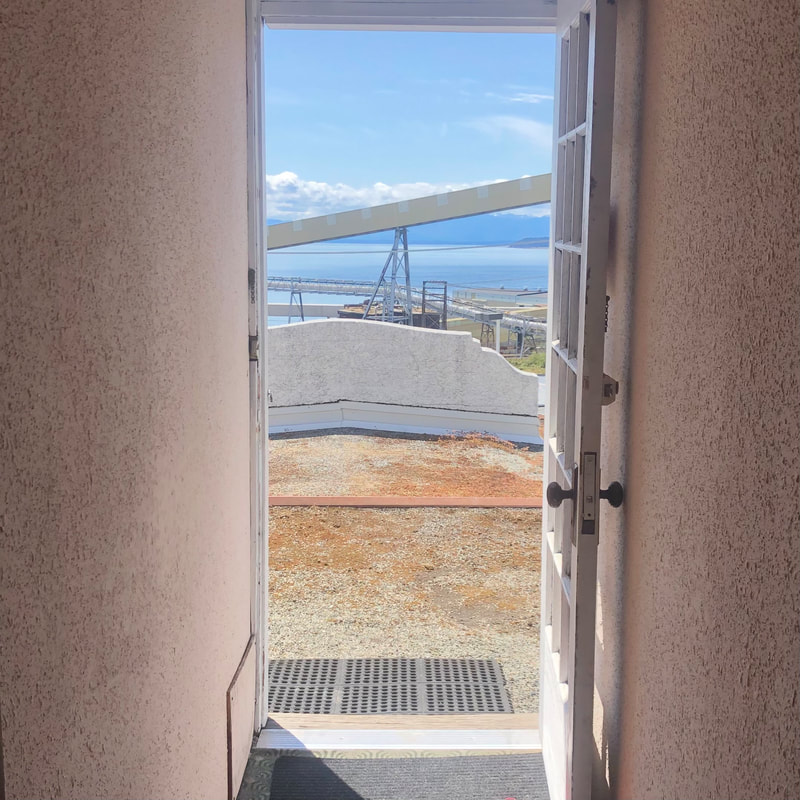

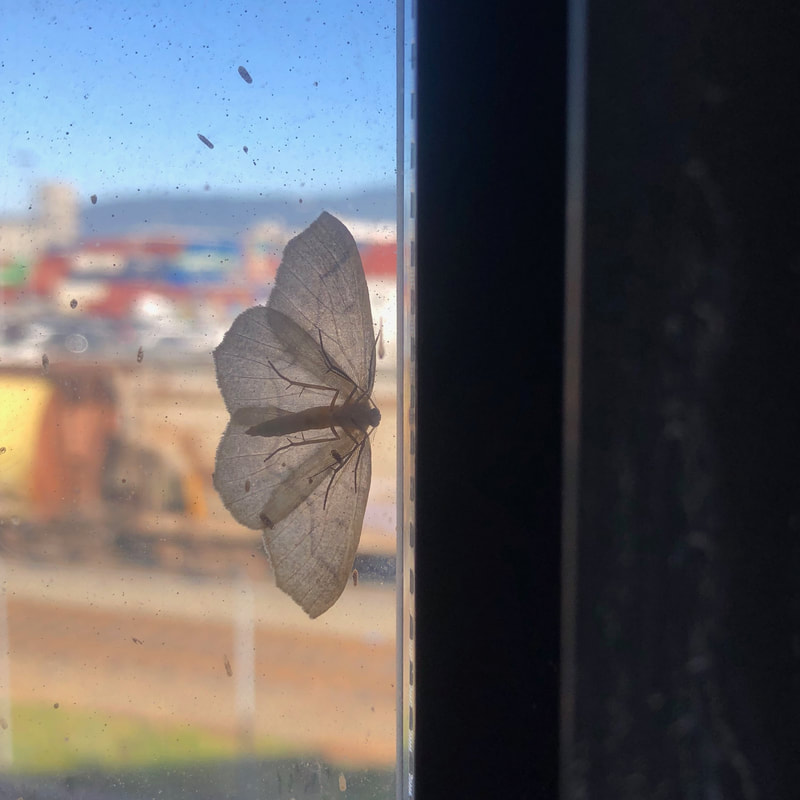
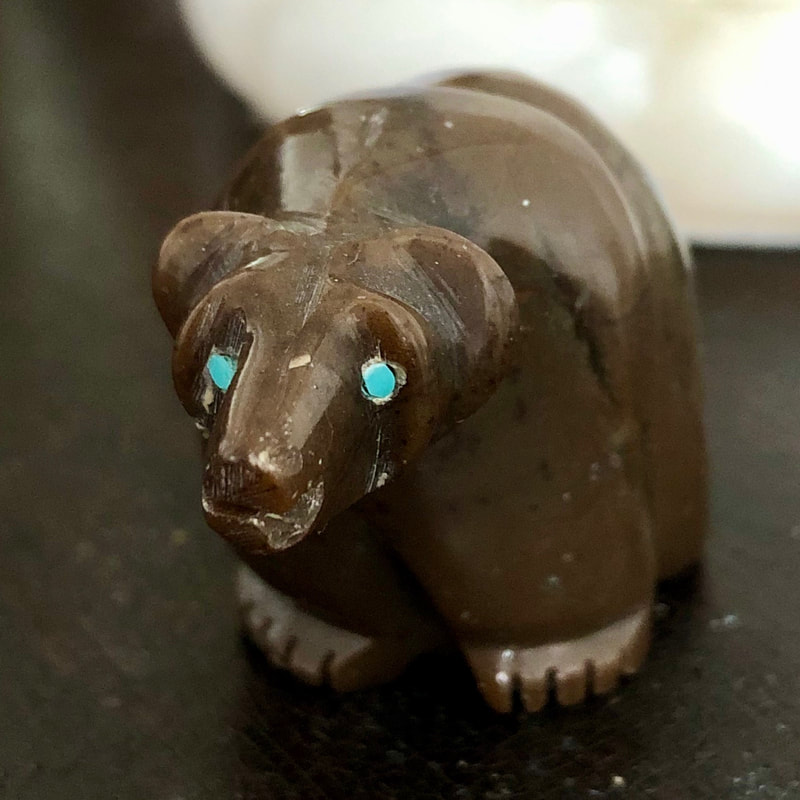
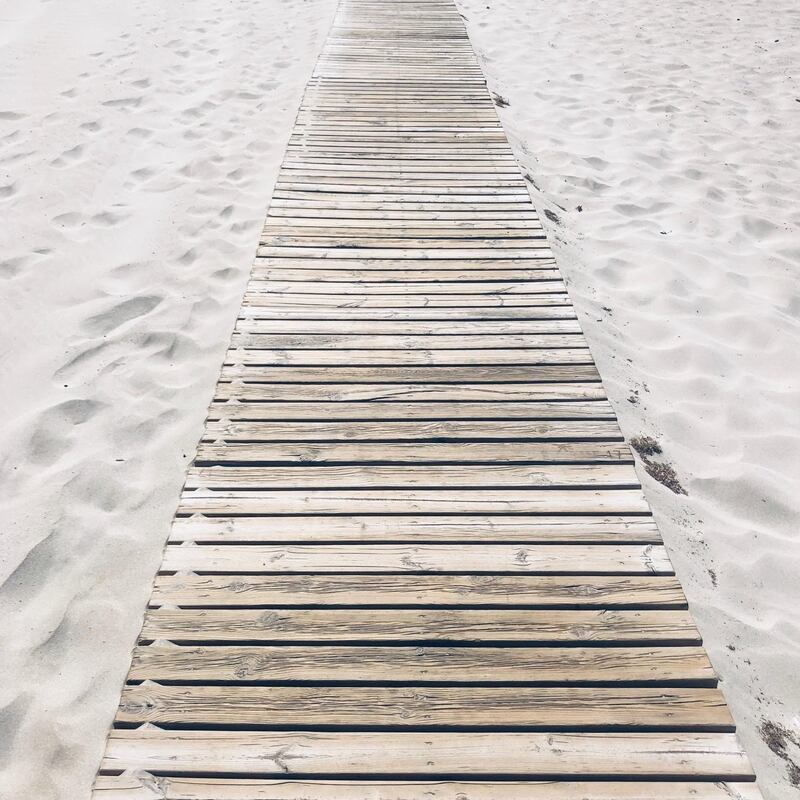
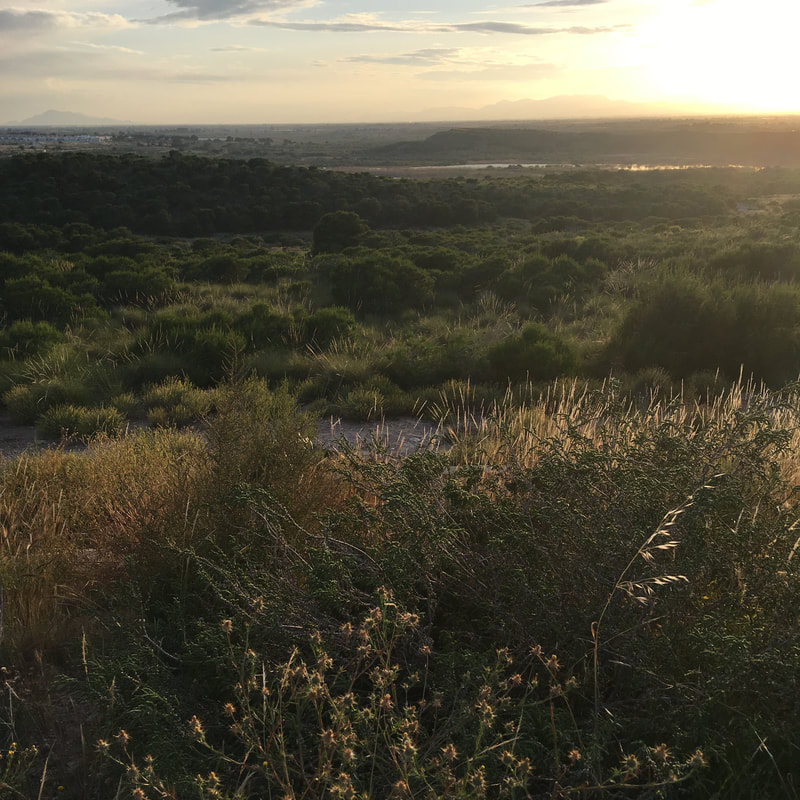
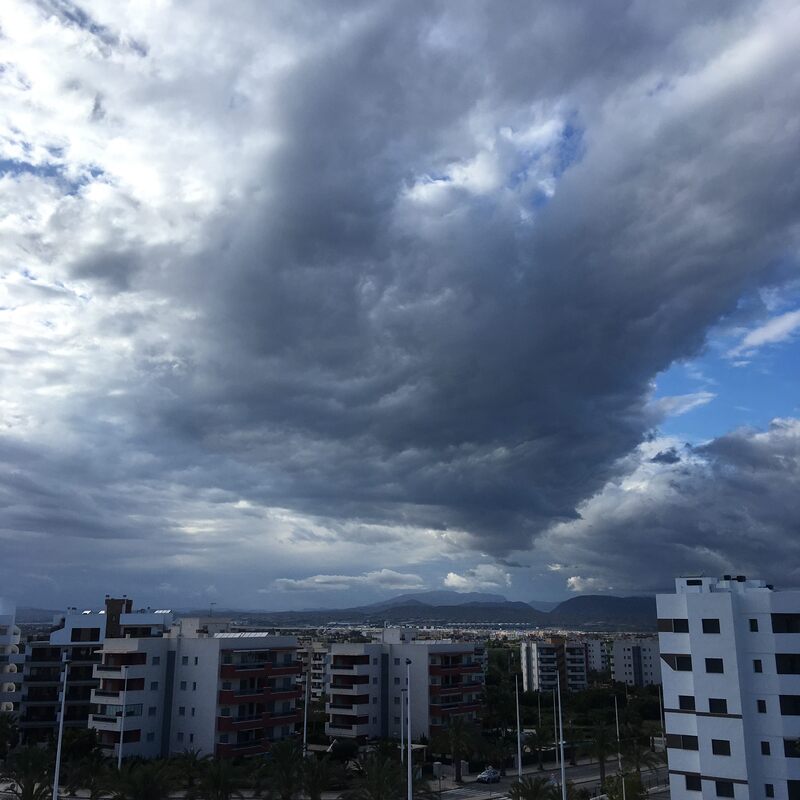
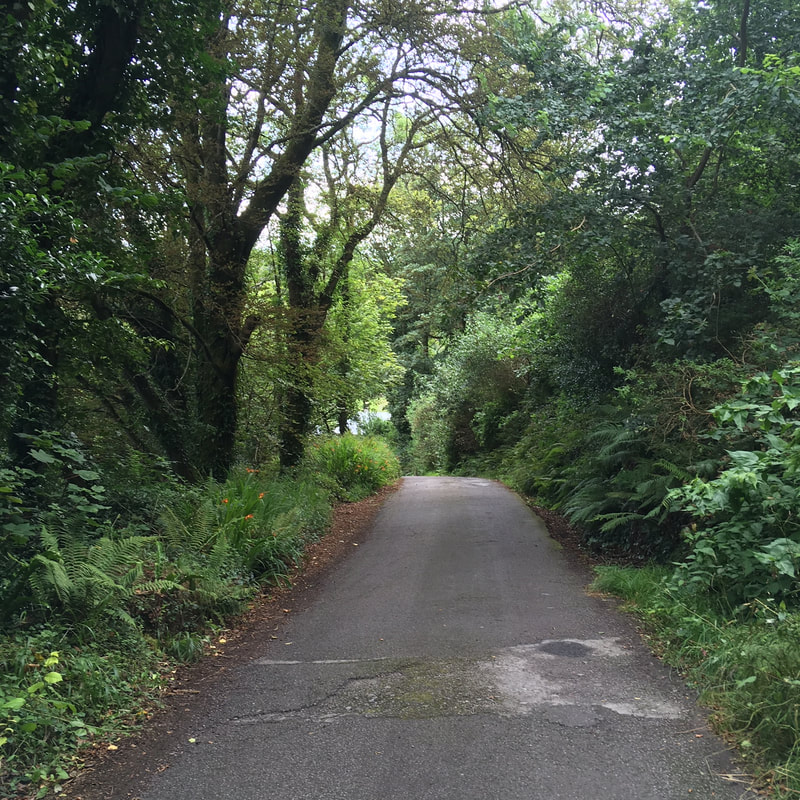
 RSS Feed
RSS Feed